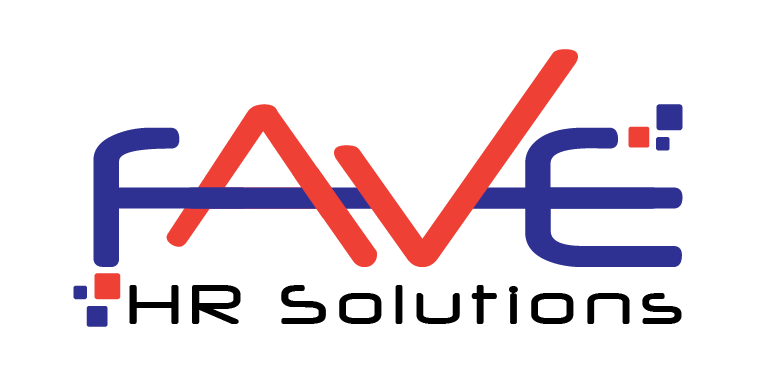
Workplace safety is a priority for any organization, and the Prevention of Sexual Harassment (PoSH) Act, 2013, is a vital legislative framework that aims to protect employees, especially women, from sexual harassment at the workplace. As an employer, it’s crucial to understand your responsibilities under this Act to foster a safe and inclusive environment.
Applicability of the PoSH Act
The PoSH Act applies to all workplaces, whether in the public or private sector. This includes not just traditional office settings but also educational institutions, sports facilities, and places of entertainment. The Act covers any workplace with more than 10 employees, necessitating the formation of an Internal Committee (IC) to address complaints of sexual harassment.
Key Provisions of the PoSH Act
The PoSH Act defines sexual harassment broadly, encompassing physical advances, unwelcome verbal conduct, and the display of inappropriate content. The Act’s definition is inclusive and seeks to cover a wide range of behaviors that could create a hostile work environment.
One of the Act’s significant requirements is the formation of an Internal Committee (IC) within organizations. The IC should consist of a minimum of four members, with at least half being women, and it should be chaired by a senior woman employee. The IC is responsible for receiving and addressing complaints of sexual harassment, ensuring a fair and timely resolution.
Employer Responsibilities
Under the PoSH Act, employers have several critical responsibilities:
- Organizing Awareness Programs: Employers must regularly organize workshops and awareness sessions to sensitize employees about the Act, the rights it provides, and the process for filing complaints.
- Displaying the PoSH Policy: The PoSH policy must be prominently displayed at the workplace to ensure that all employees are aware of their rights and the procedures for addressing grievances.
- Constituting the Internal Committee: Employers are required to establish an IC to handle complaints. The IC’s recommendations must be implemented in a timely manner, as per the company’s policy.
- Conducting an Inquiry: The IC is required to complete the inquiry within 90 days of receiving a complaint, and the report must be submitted to the employer, who is then responsible for taking appropriate action.
Consequences of Non-Compliance
Failure to comply with the provisions of the PoSH Act can lead to significant penalties. If an organization does not constitute an IC or fails to address complaints appropriately, it can face fines of up to Rs. 50,000. Repeated violations can lead to higher fines and even cancellation of business licenses.
Addressing False Complaints
While the PoSH Act is designed to protect victims of sexual harassment, it also includes provisions to address false or malicious complaints. If the IC determines that a complaint was made with malicious intent, it can recommend action against the complainant, ensuring that the process is fair to all parties involved.
Conclusion
The PoSH Act, 2013, is an essential tool for maintaining a safe and respectful workplace. As an employer, understanding and adhering to the provisions of the Act is not just a legal obligation but also a moral one. By taking proactive steps to prevent and address sexual harassment, employers can contribute to creating a positive and productive work environment for all employees.

